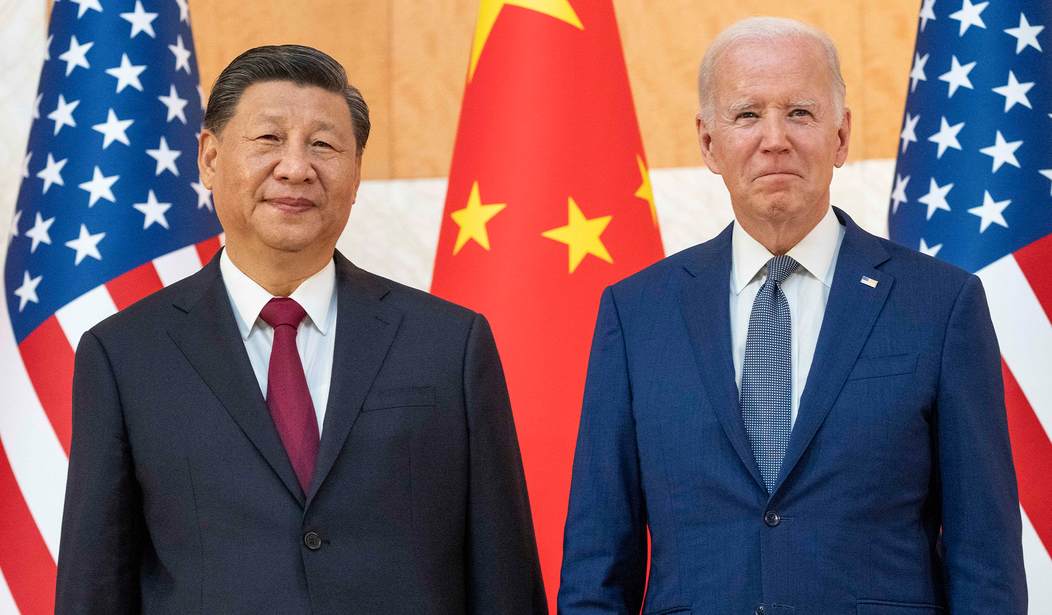For more than a decade, China has been carefully and strategically making commercial, diplomatic, and even military inroads in Latin America and the Caribbean. Now, Beijing reportedly is building a military facility on the northern coast of Cuba, less than 100 miles from the United States. Our response has been less than impressive.
It is not as if Beijing’s multi-pronged strategy to increase its presence in the Western Hemisphere has escaped Washington’s attention. Even in the late 1990s, I and several other Members of Congress expressed concern that Chinese companies (all of which ultimately answer to the governing Chinese Communist Party) were establishing commercial beachheads at both entrances to the Panama Canal, just as Panama gained control of the strategic waterway pursuant to the treaty signed with the Carter Administration in 1977. Our concerns fell on deaf ears.
In 2018, a smiling President Xi Jinping was photographed next to Panama’s president, alongside the Panama Canal.
Chinese trade with countries in the region has soared in recent years, ballooning from $180 billion in 2002 to $450 billion last year. China’s investments have included everything from mining and agriculture projects to infrastructure and communications technology that has surveillance capabilities.
China’s diplomatic gains in the region have been no less significant, with Paraguay the only South American country that still recognizes Taiwan.
Even in the Bahamas, a one-hour flight from Miami, China’s presence is far larger than ours. Not coincidentally, the U.S. Navy maintains a major test and training facility in the Bahamas.
Recommended
While there is little the United States can do to directly thwart China’s commercial and diplomatic moves in the region, our failure to articulate and maintain anything approaching a coherent strategic policy for the Western Hemisphere in the decades since the 1962 Cuban Missile Crisis, has made it easy for China to make inroads.
Moreover, the relations Beijing has established in the area can negatively impact our interests.
For example, two years ago a U.S. Coast Guard cutter was refused permission to dock at a facility in Argentina. Argentina has been a long-time ally of the United States, but now maintains strong political and economic ties with China.
Of far more immediate concern than the lengthening list of Chinese economic and political moves throughout the region, is Beijing’s growing presence in Cuba, a mere 90 miles from the southernmost tip of Florida.
President Obama giddily reestablished relations with Cuba in 2015, but appears to have secured nothing in return that might have provided some assurances that our adversaries, including China and Iran, would not be permitted to use the island nation for their own nefarious purposes.
In a move that reportedly started in 2019 but which now appears to be gathering speed, China is constructing a military facility on Cuba’s northern coastline; one that reportedly incorporates training and intelligence gathering capabilities.
U.S. military leaders, especially Army General Laura Richardson who heads the U.S. Southern Command, appear clearly to understand the gravity of these Chinese moves. In remarks during her 2021 Senate confirmation hearings, Richardson echoed her predecessor’s concerns, in telling Senators that China’s plans in the region are “very sophisticated” and clearly are designed to project “sustain[ed] military power.”
Unfortunately, the red flags raised by our own military leaders do not appear to have had a discernible impact on congressional leaders or the White House in terms of articulating any meaningful policy initiatives.
The Biden Administration does little more than repeatedly express “concern” about China’s burgeoning influence in the area.
Although some Members of Congress have raised red flags over China’s surveillance capabilities in Cuba, on the broader level little is happening on Capitol Hill. The Senate, for example, has failed even to pass a bill (S.1519, the “Western Hemisphere Security Strategy Act of 2023”) that would simply direct the Departments of State and Defense to develop a “multi-year strategy” for our “diplomatic and security” policies in the hemisphere.
Meanwhile, the GOP-led select committee charged with examining strategic competition with China appears more concerned with narrow, partisan issues than with understanding and proposing measures to counter China’s aggressive moves in our own backyard.
Mention has been made recently about the “Monroe Doctrine” as a possible tool with which to address the problem. It will, however, take far more than a policy articulated in 1823 designed to thwart further European colonization in the Western Hemisphere, to address the extremely serious threats now facing us in the region, especially from Communist China.
Bob Barr represented Georgia’s Seventh District in the U.S. House of Representatives from 1995 to 2003. He served as the United States Attorney in Atlanta from 1986 to 1990 and was an official with the CIA in the 1970s. He now practices law in Atlanta, Georgia and serves as head of Liberty Guard.

























Join the conversation as a VIP Member